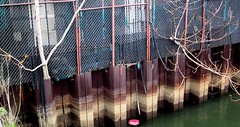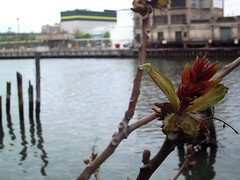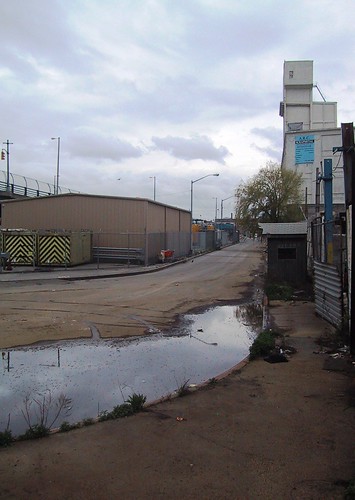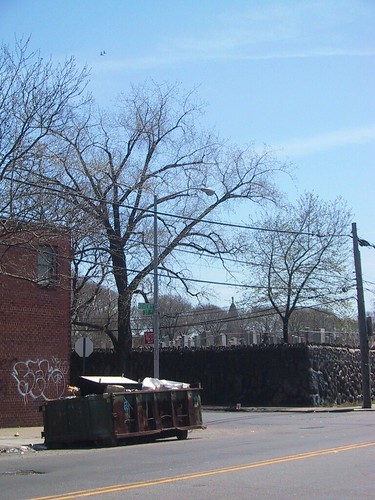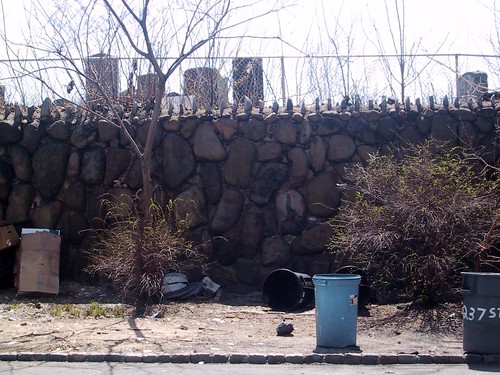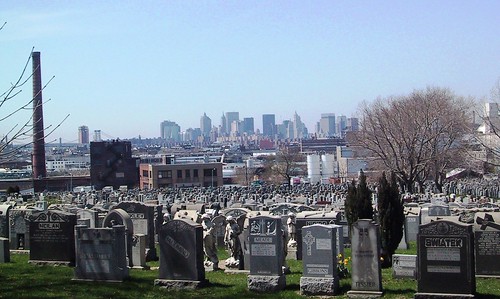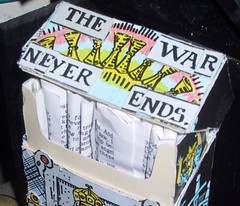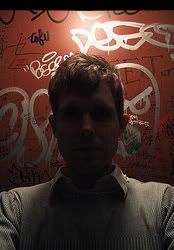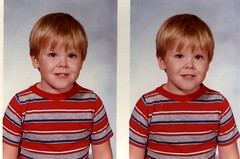 W
When I was a child I didn’t know I had lost my sight until someone told me. My first grade teacher, Mrs. Hernandez, sent a note to my mother to say I was squinting in class. We three met during lunch the next day; Mrs. Henderson wrote a sentence on the blackboard and asked me to read it out loud. I complied, knowing that some sort of test was taking place and determined to pass it. Then she asked me to stand at the back of the classroom and read it again. Without a trace of a squint I recited the sentence, which I’d quickly memorized. I was convinced I’d passed with flying colors; Mrs. Hernandez made a sour face and wrote a new sentence, challenging me to read it from where I stood. It was the first test I ever failed.
The following week, when I returned to school with my thick glasses in grey plastic frames, it didn’t take long for me to realize that the whole world had shifted to accommodate this failure. On the playground I showed off my new glasses; I had been taught that they were expensive and important. “I get to wear glasses now,” I told two boys from my class. A quick glance between them was all the social permission needed to proceed with the inevitable: “FOUR EYES!” I fled to Mrs. Hernandez and complained that the boys were making fun of my glasses. “You’re the one who brought attention to them,” she said with sublime indifference, “If you don’t want people to make fun of them, then you have to stop bringing them up.” Another test failed, in as many weeks: first vision, then visibility.
My vision degraded slowly throughout grade school, and with it, my interest in the world that school presented. How could I be expected to take the torment of mathematics seriously when all I needed to do was take off my glasses to make them disappear? Without the glasses there were no straight lines or horizons at all. Edges mingled in a foam of colors, erasing the angles and textures from anything further than an arm’s length away. The tiniest points of light refracted into spectral globes that were indistinguishable from larger, closer lights. And how could I be expected to value friends and companions? With a single motion I could render them all identically featureless. The only body parts close enough to seem real to me without glasses were my own, which my myopia magnified like a low-power microscope. Reading without them was a morbid luxury: the bare inches between my face and the pages allowed me to bond with books on a molecular level, and barred any rivals for my attention.
Nature saws away at us before we even know the value of what we’re losing, and sometimes all one can do is merrily join in the brigade, leveling and deforesting in hopes of exposing whatever truth may lay underneath the canopy of rich growth. That’s an understandable human instinct, but it crosses the line into pathology when, upon surveying the barren rubble one is left with after this process, one takes up a pre-emptive belief in the evil of trees. And so, they could make me go to school, but they couldn’t make me see. I kept my face down, secretly reading the book in my lap, I filled one notebook after another with stream-of-consciousness drawings, and when all else failed, I would take off the glasses and sit up brightly in my chair and pretend to be no different than anyone else. It was my favorite form of rebellion: without the clunky glasses drawing attention to my face, I became invisible.
By eighth grade, under heavy scrutiny due to falling grades, I began to panic. I was too far behind to catch up, but unprepared to fathom the very real consequences of true failure. The strain was crushing. At least once a week I would wake in the night with severe abdominal pains that kept me up until dawn. In the early hours of most school days I would feel acid gnawing at my stomach lining, and would ask to be excused to the nurse with sulfurous fumes rising in my throat. Doctors told my mother that they couldn’t find a medical cause, and so eventually this complaint alone couldn’t be counted on to get her to take me out of school. I tried to protest that my condition was genuine, but I couldn’t take any argument too far without revealing that while I wasn’t faking my sickness, I was in fact faking my life, and so both continued unchecked.
I changed my strategy, and once more, blindness became my escape. One day, with acid lapping at my insides and a math test three hours off, I bent my glasses in half at the nosepiece and twisted them into wire wreckage. It was terrifying to watch my hands perform this act upon the expensive, important property my parents had entrusted me with. Even so, I didn’t care whether they would ever be fixed or replaced, I was too relieved in the knowledge that I had just bought myself at least one more day of peace. In fact, glasses were delicate objects; I didn’t see why this sort of thing didn’t happen more often. Perhaps now it would.
The nurse communicated the report to my mother that someone had stepped on my glasses while I was showering after P.E., and I was picked up in a flash. However, the thrill of discovering the panacea to my problems was short-lived. Mom had been able to secure an immediate appointment at the optometrist, and I got to sit and watch the ease with which the kinks were ironed out of my handiwork. As she drove me back to school, I scrambled to think of delays to inject into our trip, but was afraid to seem too desperate. As I entered my math class with a note—only ten minutes late—I felt the lid of a jar sealing itself tight overhead, sucking the air out of the room. There was no other way out that wasn’t more frightening and violent that what I had already tried. Against my will, and years after I was meant to, I began to consider life as an option.
Over time I made it more and more difficult to escape into that sightless world, as an act of self-preservation. Not long after I injured my glasses, my mom agreed that a graduation to contact lenses was in order; I started high school with clear naïve eyes of a beginner, the way I did in first grade. To this day my eyes are capped off with contacts that I’m able to sleep in if I want to, and technology has improved at a rate that will soon make me a candidate for surgery to permanently correct this flesh-failure of mine. Often days go by without my remembering that this difference exists at all, or ever existed, though it’s still all there, under the plastic sheathes, in physical memory.
In my dreams I often find myself unable to see, as if I have lost my glasses. It’s a detail that makes my dreams especially vivid, and it is strange to think that one day these dreams (and my unforgiving school records) will be the only traces left of the first draft of my life. It’s clear I’m better off this way; my fetish for reality-negation has been channeled into a functional lifestyle, with full participation in this world on a creative level, complemented by meditation and writing as a way of actively terraforming the world beyond, that realm where I used to drift passively, smothered under the weight of my dreams. However, I still feel panic and grief at the thought of losing my blindness—somewhere along the way, my identity became inseparable from this burden and the secrets it taught me. Please don’t make fun of me for calling attention to it.
Summary only...

